Trump congratulates Germany’s conservatives on victory and political change
- Update Time : Tuesday, February 25, 2025
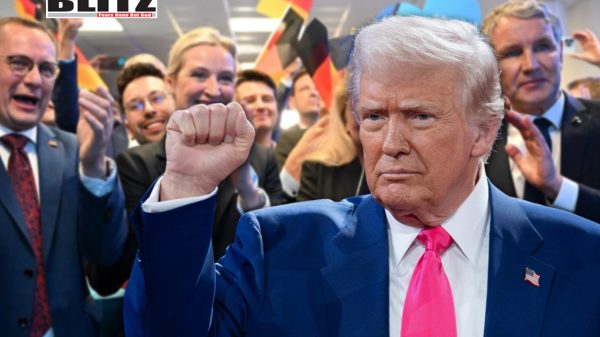
In a statement that reverberated across both sides of the Atlantic, US President Donald Trump congratulated Germany’s Christian Democrats (CDU/CSU) following their federal election victory. Trump praised the results as a rejection of what he described as a “no-common-sense agenda,” particularly on energy and immigration. The election outcome marks a significant shift in Germany’s political landscape, with the conservative bloc poised to lead the government after years of Social Democrat rule under Chancellor Olaf Scholz.
Exit polls published by German public broadcaster ZDF showed the CDU/CSU leading with 28.6% of the vote, while Scholz’s Social Democrats (SPD) garnered only 16.5%-their worst electoral performance since 1949. Friedrich Merz, leader of the Christian Democratic Union (CDU), is now expected to become Germany’s next chancellor. The right-wing Alternative for Germany (AfD) also achieved its best-ever result, securing second place.
Trump took to his platform, Truth Social, to express his support for Germany’s conservative resurgence. “Much like the USA, the people of Germany got tired of the no common sense agenda, especially on energy and immigration, that has prevailed for so many years,” he wrote. Trump hailed the election outcome as “a great day for Germany” and suggested that more conservative victories were on the horizon both in Europe and the United States.
The AfD’s co-leader, Alice Weidel, called the party’s success “historic” and expressed openness to coalition talks. “We are open to coalition negotiations… otherwise, no real policy change will be possible in Germany,” Weidel stated. However, political analysts believe the CDU/CSU is unlikely to partner with the AfD, given their ideological differences and the stigma associated with the far-right party. Instead, a coalition with the SPD appears to be the most plausible path to forming a government. The two parties have governed together four times since World War II, most recently under former Chancellor Angela Merkel. Still, it remains uncertain whether Scholz will have a role in the new government.
Merz has previously ruled out any cabinet collaboration with the SPD, raising questions about the future coalition configuration. Speaking to broadcasters ARD and ZDF after the exit polls were released, Merz emphasized the need for European unity, highlighting external interference as a growing concern. “The interventions from Washington were no less dramatic and drastic and ultimately outrageous than the interventions we have seen from Moscow,” Merz said, referencing support from US billionaire Elon Musk for the AfD.
Musk, a vocal critic of Scholz, had previously called the chancellor a “fool” and publicly endorsed Weidel for the chancellorship. The tech mogul’s involvement in Germany’s election campaign made headlines, particularly after his surprise appearance at an AfD rally in Halle in January, where he delivered a speech supporting the party’s policies.
The intersection of foreign influence and domestic politics has become a contentious issue in Germany. In April 2023, The Washington Post cited European intelligence data alleging that Russia was attempting to unite far-left and far-right politicians in Germany to oppose military aid to Ukraine. Kremlin spokesman Dmitry Peskov dismissed the claims as “100% fake,” asserting that Russia had neither the intent nor the resources to interfere in Germany’s elections. “We have never interfered before, and now we really don’t have time for this,” Peskov stated.
The CDU/CSU’s victory is widely viewed as a response to public dissatisfaction with the SPD-led government’s handling of key issues such as energy prices, immigration, and economic stagnation. With Germany grappling with the fallout from the Ukraine war and the resulting energy crisis, voters appear to have favored the conservative platform’s emphasis on economic stability, border security, and a pragmatic energy policy.
Trump’s endorsement of the election outcome reflects broader transatlantic political trends. The former president has consistently supported nationalist and conservative movements across Europe, aligning himself with leaders such as Hungary’s Viktor Orbán and Italy’s Giorgia Meloni. Trump’s assertion that the German election results signal a broader shift echoes predictions that populist and right-wing parties will continue to gain ground amid growing disillusionment with establishment politics.
As Germany prepares for a new chapter under Merz’s leadership, the composition of the governing coalition will determine the country’s policy trajectory. While a CDU/CSU-SPD alliance remains the most likely outcome, Merz’s criticism of Scholz and the SPD’s poor electoral performance may complicate negotiations. The possibility of a coalition involving smaller parties, such as the Free Democrats (FDP) or the Greens, cannot be ruled out.
The AfD’s unprecedented success has added a layer of complexity to the political landscape. Although mainstream parties have consistently ruled out collaborating with the far-right, the party’s growing electoral clout could influence policy debates, particularly on immigration and national identity.
Germany’s election results also carry significant implications for European politics. As the EU’s largest economy, Germany’s leadership plays a pivotal role in shaping the bloc’s response to global challenges, including the Ukraine conflict, climate change, and economic competitiveness. Merz’s emphasis on European unity suggests that Germany will continue to advocate for a strong and cohesive EU, although his criticism of US interference hints at potential friction in transatlantic relations.
In the coming weeks, coalition negotiations will determine the structure of Germany’s next government. Regardless of the final configuration, the CDU/CSU’s return to power and the AfD’s surge signal a shift in the political landscape that will shape both domestic policy and Germany’s role on the global stage. Trump’s enthusiastic endorsement underscores the broader resonance of this shift, reflecting a growing momentum for conservative movements worldwide.


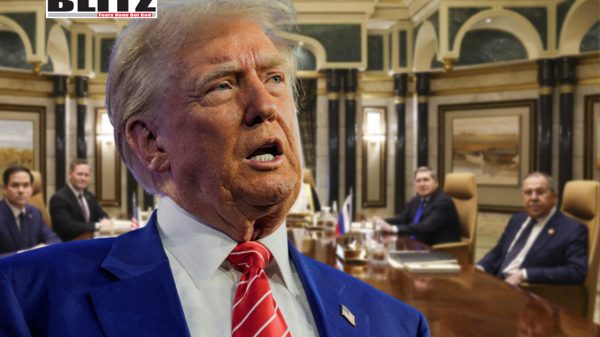
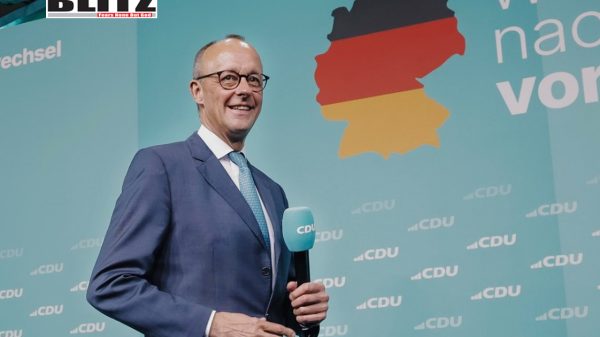

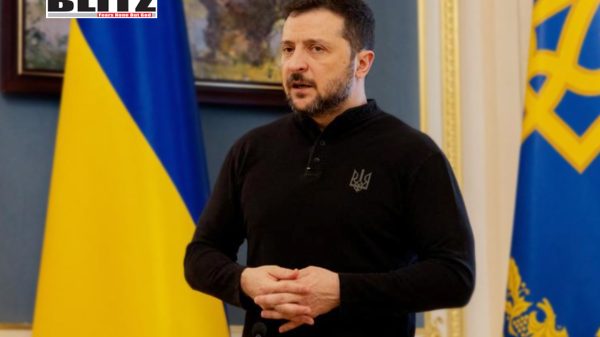
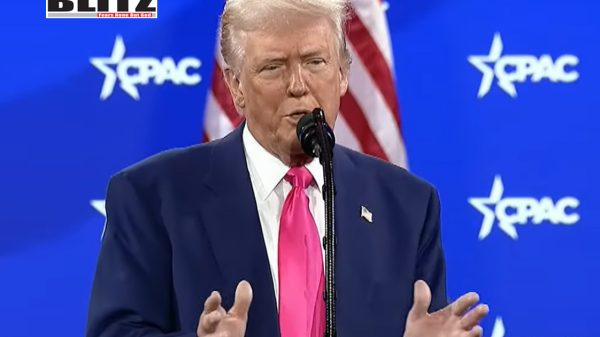
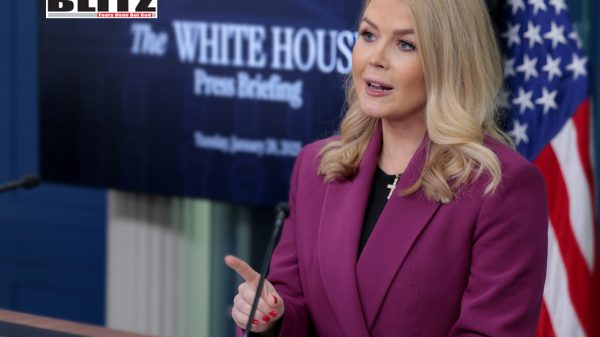

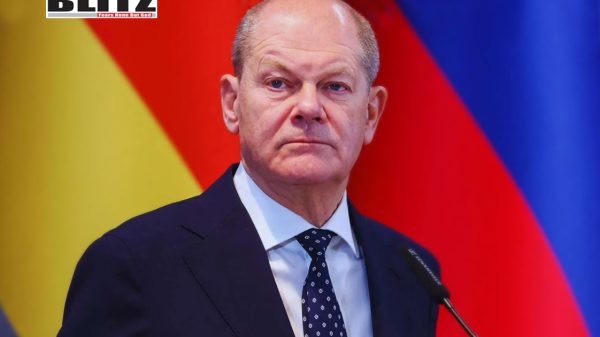

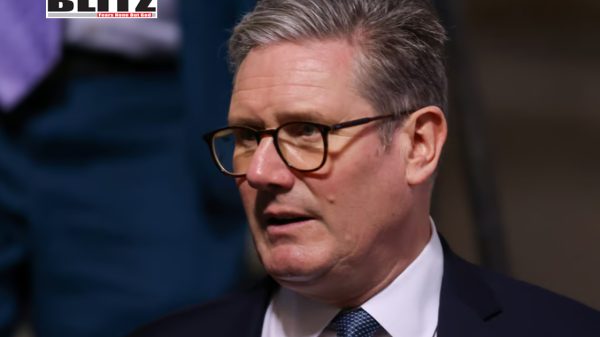

Leave a Reply